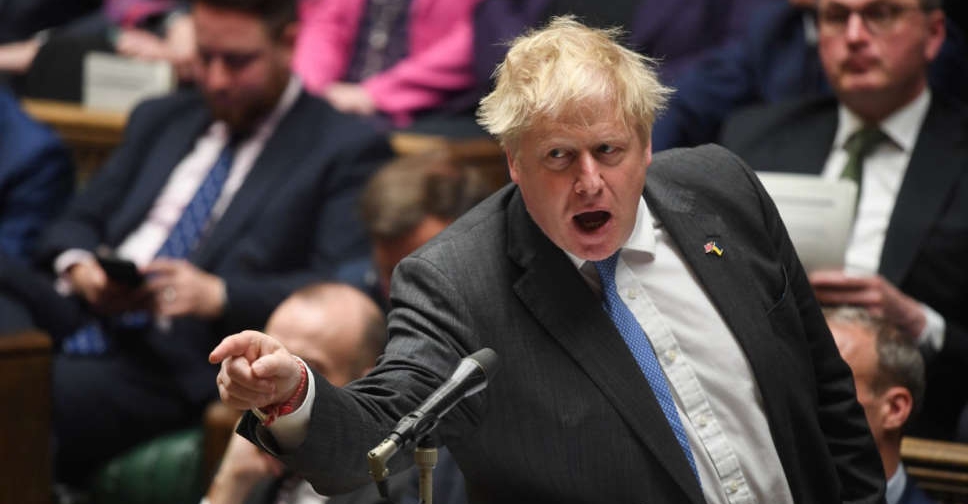
UK Prime Minister Boris Johnson will address Ukraine's parliament on Tuesday, via videolink, the first world leader to do so since the start of the conflict.
Britain said on Monday it would provide a further 375 million US Dollars, or 3.9 billion AED, more in military aid to Ukraine, that’s on top of around 250 million US Dollars of assistance so far.
Britain has sent Ukraine more than 5,000 anti-tank missiles and five air defence systems as well as other munitions and explosives since Russia's “special operation” on Feb. 24, which has destroyed cities and left thousands of people dead or injured.
Russia says it’s to disarm the country and rid it of anti-Russian nationalism fomented by the West.
While Britain has provided significant military aid, it has so far accepted relatively few of the more than 5 million Ukrainians who have fled their country.
Meanwhile, the first civilians to be evacuated from a giant steel plant in Mariupol arrived on Monday in the Ukrainian-held city of Zaporizhzhia after an overnight bus journey across the front-line.
Ukraine says hundreds of civilians have been trapped inside the Azovstal plant along with the city's last Ukrainian defenders. Dozens were able to leave on Sunday in an evacuation organised by the United Nations, the first to escape since Putin ordered the plant barricaded last week.
Ukraine President Zelenskiy said evacuation efforts are continuing and he expected more movement of people through humanitarian corridors on Tuesday from Berdyansk, Tokmak and Vasylivka.
Russian forces shelled the city of Kharkiv five times on Monday, injuring five people, according to regional governor Oleh Sinehubov.
Russia has also been striking targets far from the front line with missiles. A 14-year-old boy was killed and a 17-year-old girl was wounded in a missile strike in the southern port of Odesa when a missile hit a dormitory, Zelenskiy said.


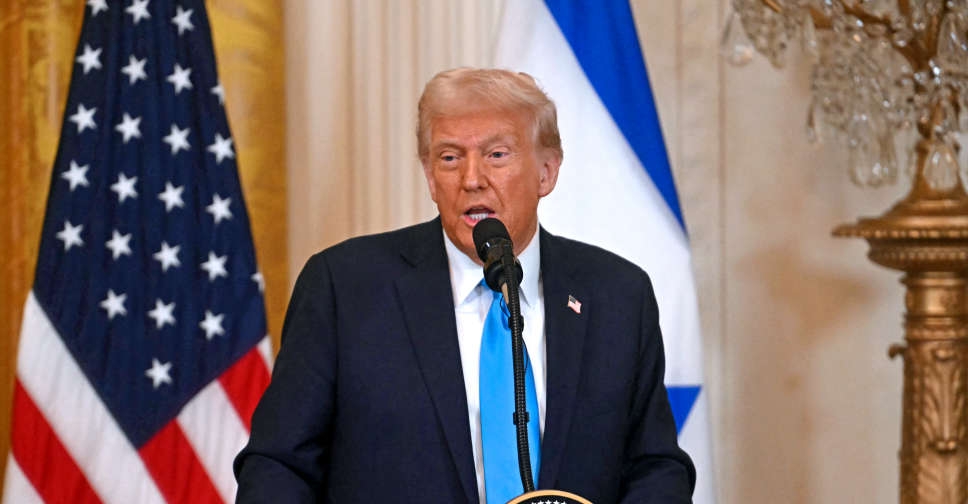 Trump's Gaza plan triggers international condemnation
Trump's Gaza plan triggers international condemnation
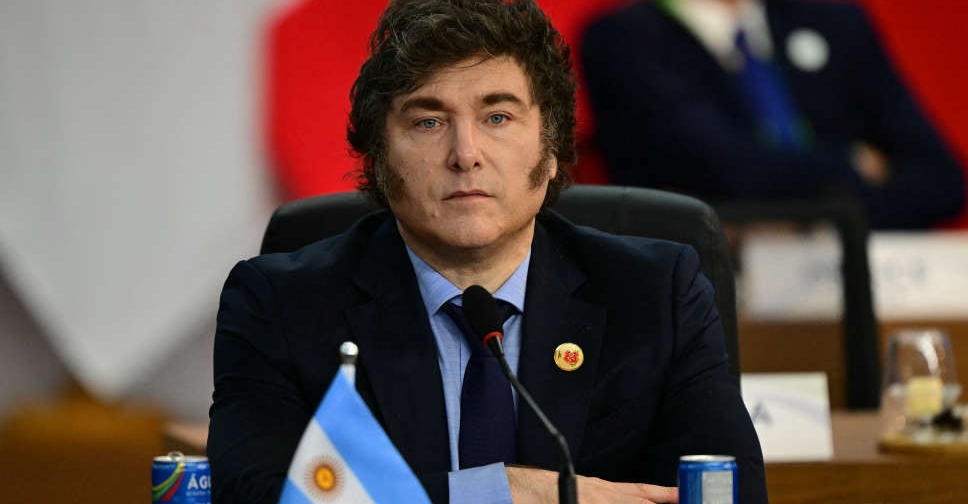 Argentina to quit World Health Organization: presidency
Argentina to quit World Health Organization: presidency
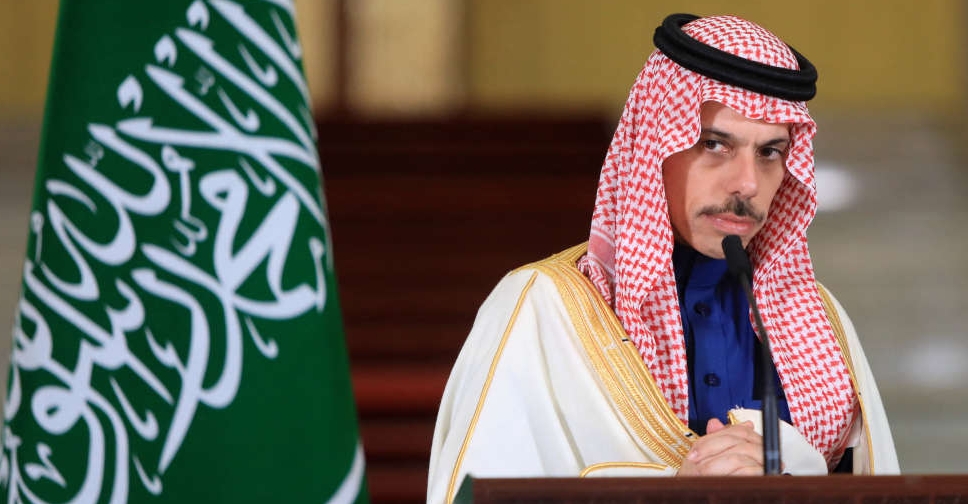 Saudi Arabia says no Israel normalisation without Palestinian state
Saudi Arabia says no Israel normalisation without Palestinian state
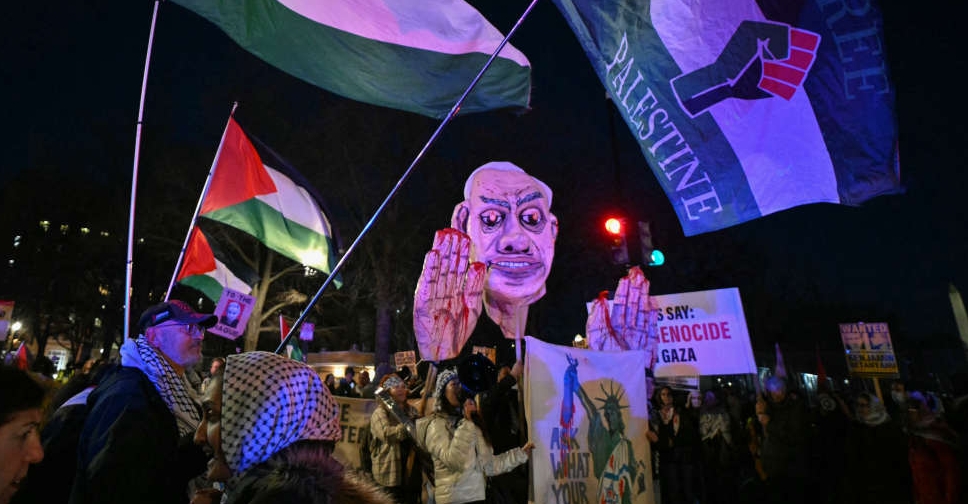 Hamas says Trump's 'absurd' remarks about Gaza could ignite region
Hamas says Trump's 'absurd' remarks about Gaza could ignite region
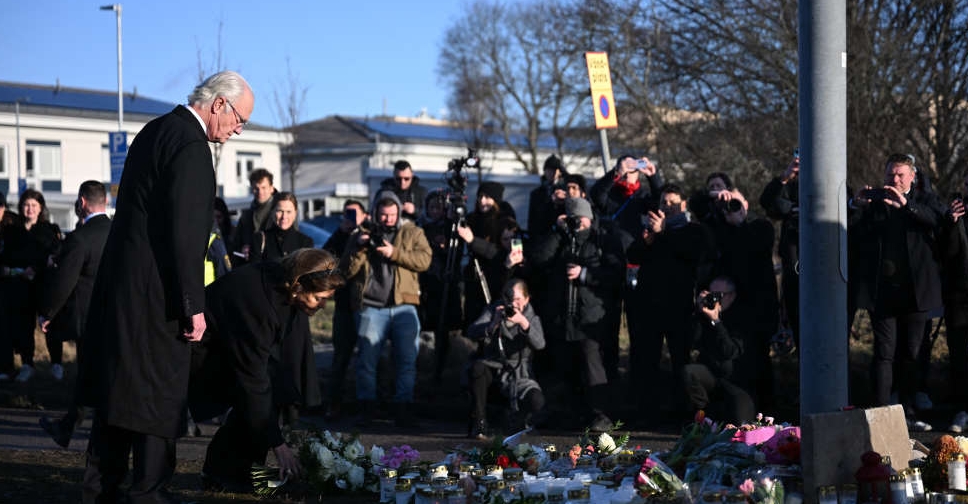 Sweden mourns victims of country's deadliest gun attack
Sweden mourns victims of country's deadliest gun attack






